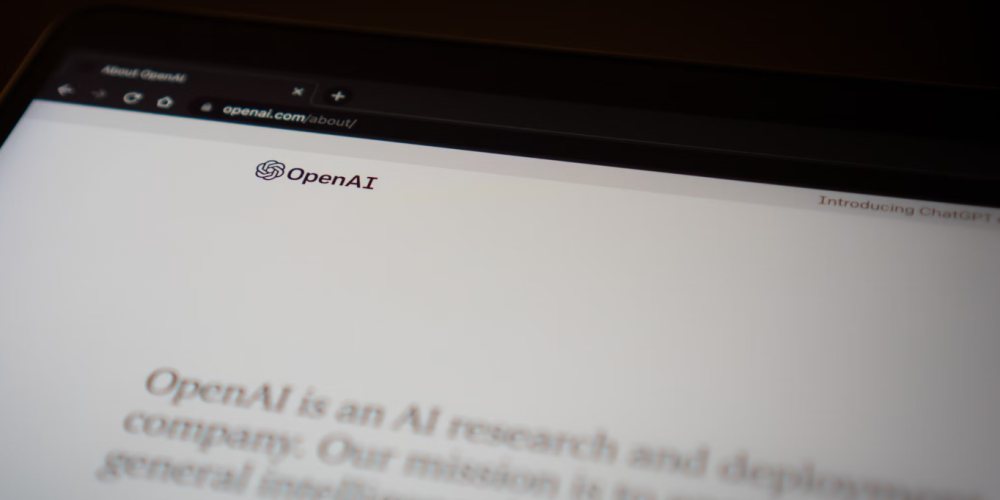Authors Escalate Legal Battle Over AI's Use of Copyrighted Material
- Jan 06, 2024
- 166

The advent of advanced artificial intelligence models like ChatGPT has sparked numerous discussions around the intertwined nature of technology and intellectual property law. Recently, these discussions have transcended from theoretical debates to legal realities as more authors enter the legal fray against tech giants OpenAI and Microsoft. The heart of the controversy lies in the alleged utilization of proprietary literature to train AI models, a practice the plaintiffs deem equivalent to intellectual theft on a grand scale.
Two notable authors, Nicholas Basbanes and Nicholas Gage, have taken a firm stand, resorting to legal action in response to their work's unauthorized appropriation. They join a growing list of writers and news organizations like The New York Times, who argue that tech companies have built profitable AI systems by covertly harvesting a creative harvest that wasn't theirs to reap. The lawsuit filed in Manhattan is more than a quest for remuneration; it is a symbolic fight for the rights of creators in the digital era.
The implications of this case are foundational and far-reaching. It strikes at the core of copyright law, which was designed to protect the rights and interests of creators, allowing them to benefit from their intellectual labor. However, AI's capability to learn from and reproduce content presents an unparalleled challenge to these established legal norms. Microsoft, closely intertwined with OpenAI through substantial investments and integration of AI technology into their products like Copilot, finds itself at the epicenter of this legal maelstrom.
At heart, the crux of the contention isn't just about compensation; it's a narrative about innovation versus preservation. The trade-off between the relentless pace of technological advancement and the dues owed to past contributors is a contentious battleground. These lawsuits may compel a reexamination of the line separating learning from works and deriving value at the cost of the original creators' rights. Moreover, the increasing sophistication of AI and its ability to generate seemingly original content only adds complexity to the issue.
As the proceedings unfold in courtrooms, the outcomes of such lawsuits could shape the intersection of AI and copyright law for generations to come. Authors Basbanes, Gage, and additional plaintiffs stepping into the legal arena have spotlighted the necessity of safeguarding individual creativity against the sprawling dominion of machine learning algorithms. The verdicts will likely steer the future of IP law and the ethical trajectory of AI development, ensuring that the fingerprints of human creativity are respected in an AI-driven future.